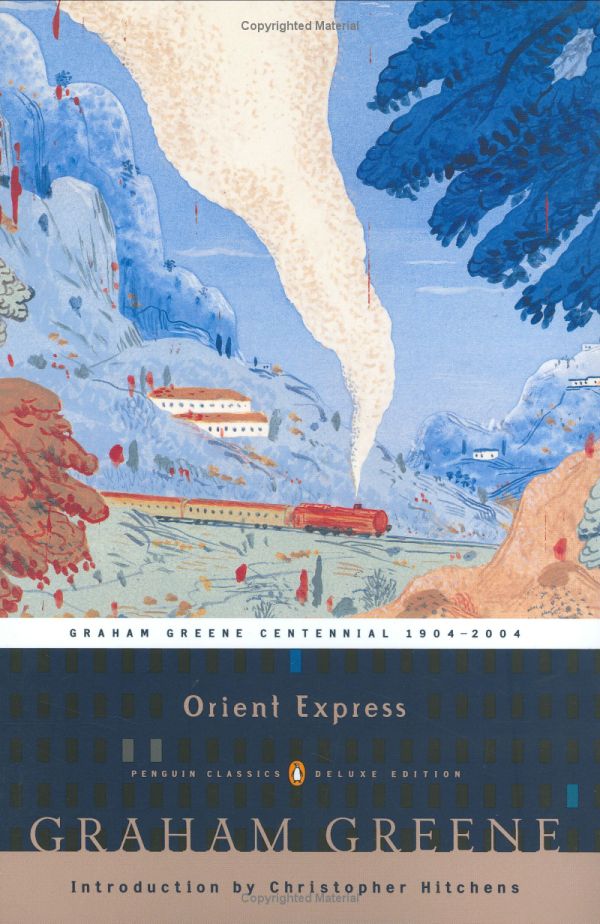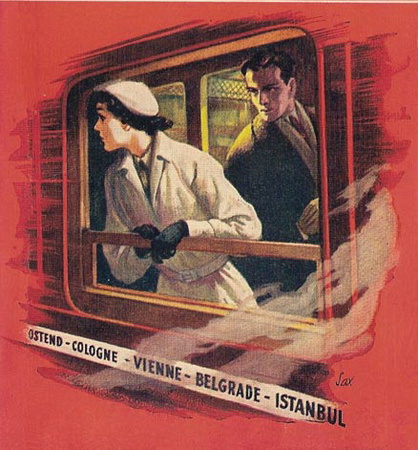What do you think?
Rate this book


197 pages, Paperback
First published January 1, 1932
"Everything is lyrical in its ideal existence; tragic in its fate and comic in its existence."--- GEORGE SANTAYANA


The world was chaotic; when the poor were starved and the rich were not happier for it; when the thief might be punished or rewarded with titles; when wheat was burned in Canada and coffee in Brazil, and the poor in his own country had no money for bread and starved to death in unheated rooms; the world was out of joint and he had done his best to set it right, but that was over. He was powerless now and happy...He had done all that he could do; nothing was expected of him; they surrendered him their hopelessness, the secret of their beauty and their happiness as well as of their grief, and they led him towards the leafy rustling darkness.
